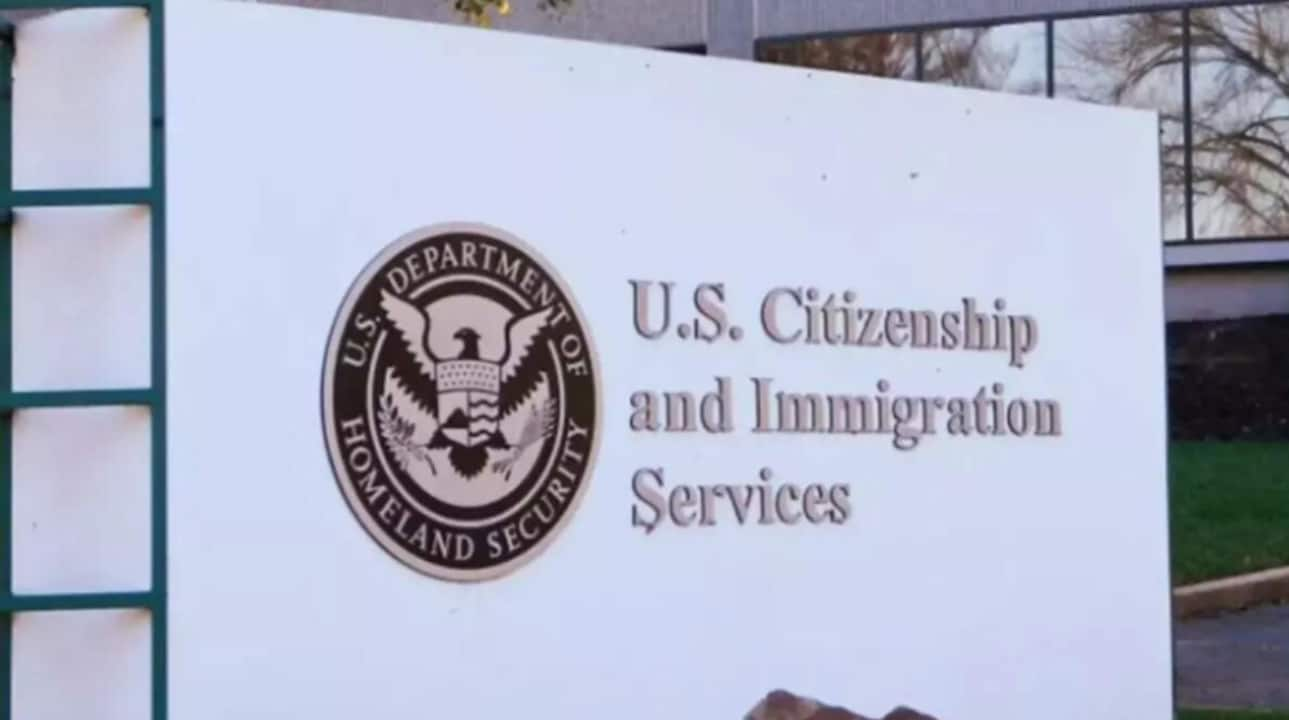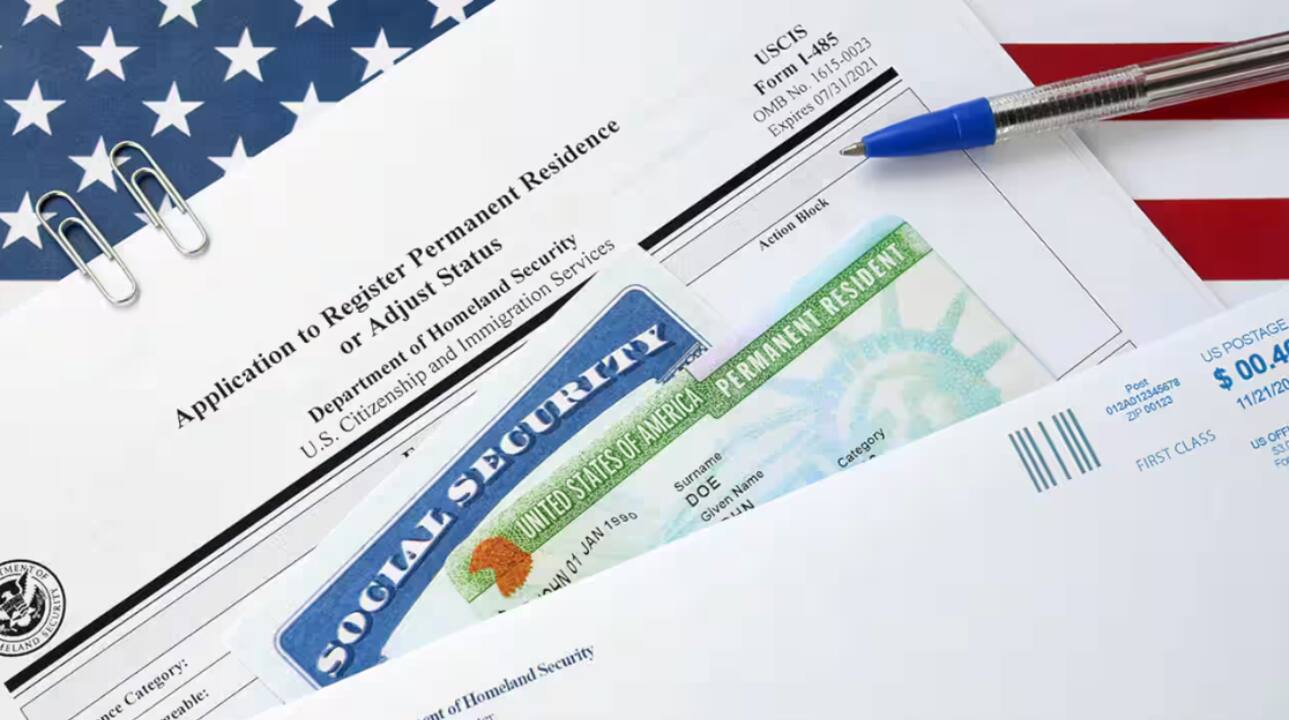How new US Green Card rules will affect married couples
According to USCIS, approval of a family-based petition does not automatically protect the beneficiary from deportation.
1/5

The United States Citizenship and Immigration Services (USCIS) has released new guidelines aimed at strengthening the screening and vetting of family-based immigrant visa applications. The update applies immediately to all pending and new petitions, including those filed by Green Card holders and US citizens sponsoring foreign spouses or relatives.
2/5

Key changes include stricter eligibility checks and review processes for all family-based petitions such as (i) Clear documentation requirements: Couples must provide strong evidence of a genuine marriage, such as shared finances, photos, and affidavits from family and friends; (ii) Mandatory in-person interviews to evaluate the authenticity of the relationship; (iii) Review of prior petitions, especially if the same sponsor or beneficiary has filed multiple applications; (iv) Closer examination of immigration history, particularly for those already in the U.S. on other visas (e.g., H-1B).
3/5

Can you be deported even after petition is approved? According to USCIS, approval of a family-based petition does not automatically protect the beneficiary from deportation. Even if a petition is approved, USCIS may issue a Notice to Appear (NTA) for removal proceedings if the applicant is otherwise ineligible.
4/5

If you’re planning to apply for a green card through marriage: (i) Gather strong evidence of your relationship; (ii) Avoid submitting inconsistent or incomplete documents; (iii) Prepare thoroughly for the in-person interview; (iv) If you’ve previously filed a petition or overstayed a visa, consider seeking legal counsel. If USCIS finds anything suspicious, it can trigger deeper investigation or even deportation proceedings.
5/5

The crackdown follows a string of marriage fraud cases. The recent being one involving Indian national Aakash Prakash Makwana. In May, Makwana pleaded guilty of entering a fake marriage after overstaying his J-1 visa. He submitted false documents to claim cohabitation and even fabricated domestic abuse allegations to secure permanent residency. According to USCIS, the updated policy is part of a broader effort to restore faith in the family-based immigration system while protecting US interests.
Discover the latest Business News, Budget 2025 News, Sensex, and Nifty updates. Obtain Personal Finance insights, tax queries, and expert opinions on Moneycontrol or download the Moneycontrol App to stay updated!






